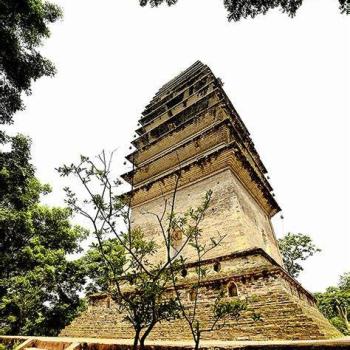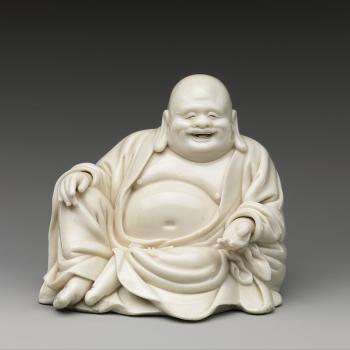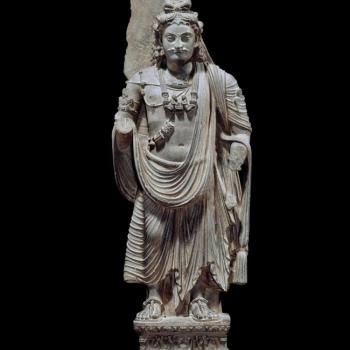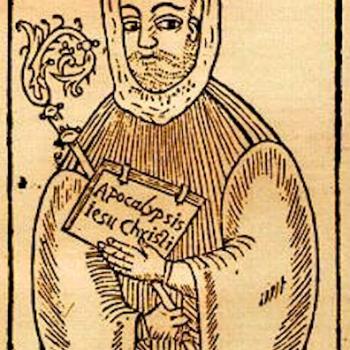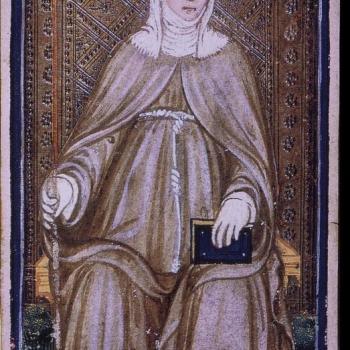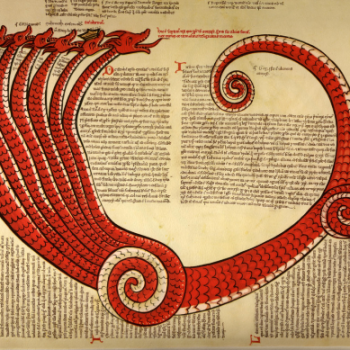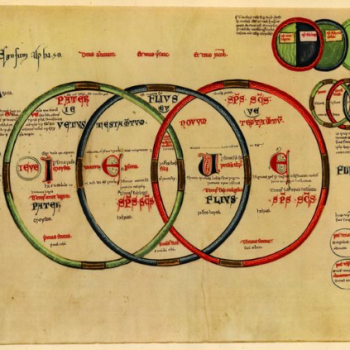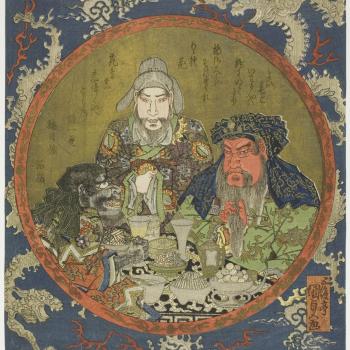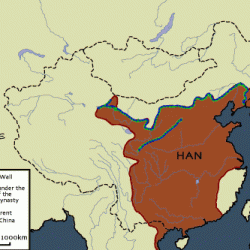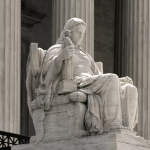We have discussed in detail how much of Buddhist eschatology in China was simply a gloss on indigenous themes and ideas. With all that being said, however, the Buddhist arrival in China did introduce something new into the indigenous apocalyptic scheme. This was a concept of three ages. It was not, however, anything like Joachim’s Three Ages and bore no resemblance to the Three Ages system that would later develop in Chinese eschatology under the Ming. Those systems are both... Read more

